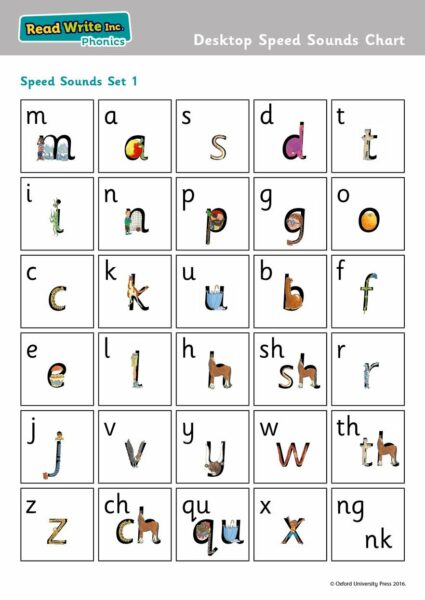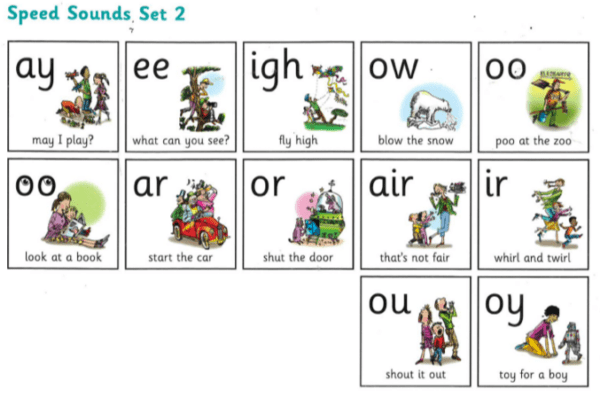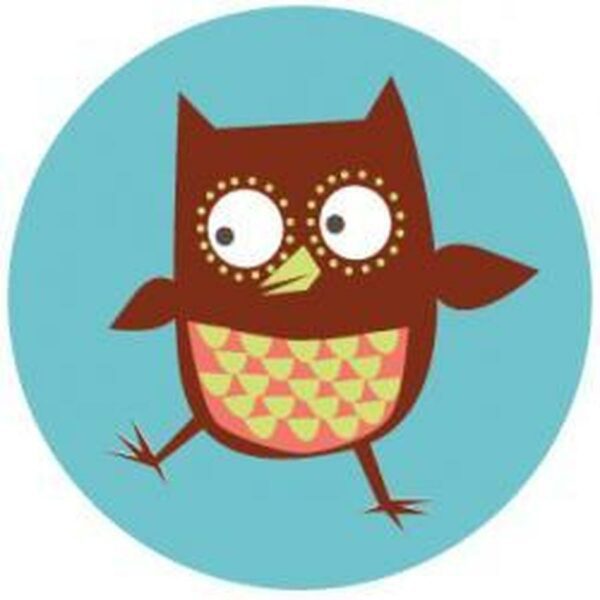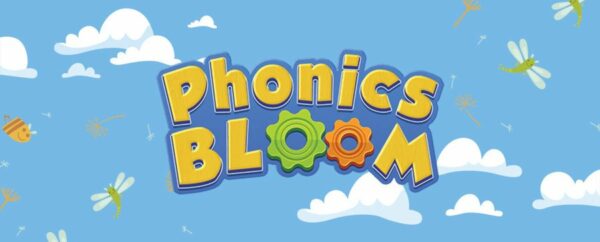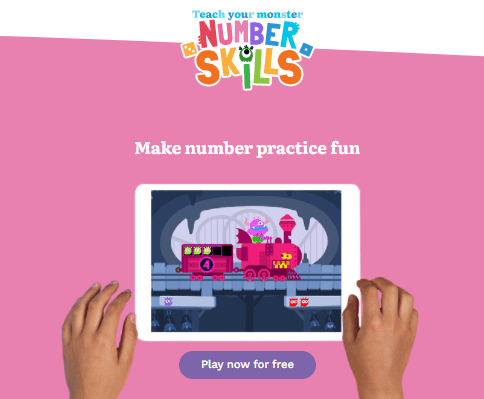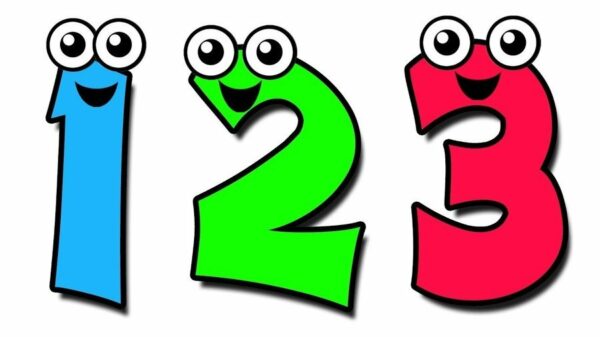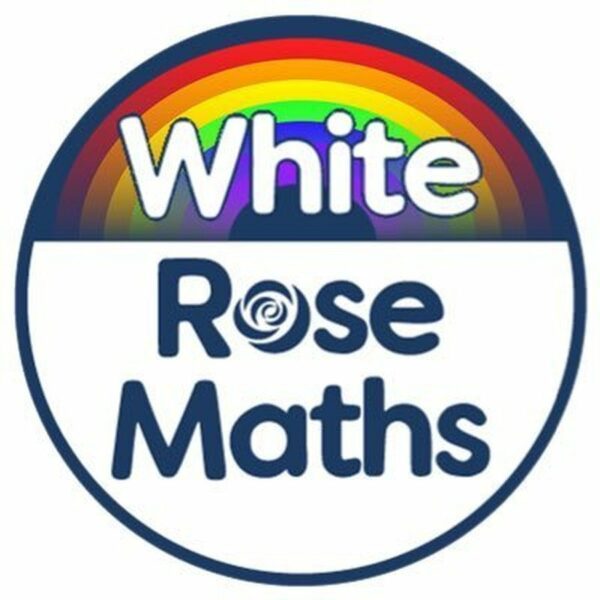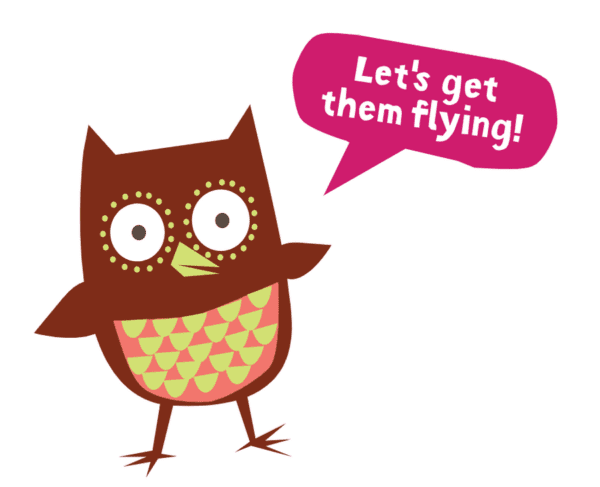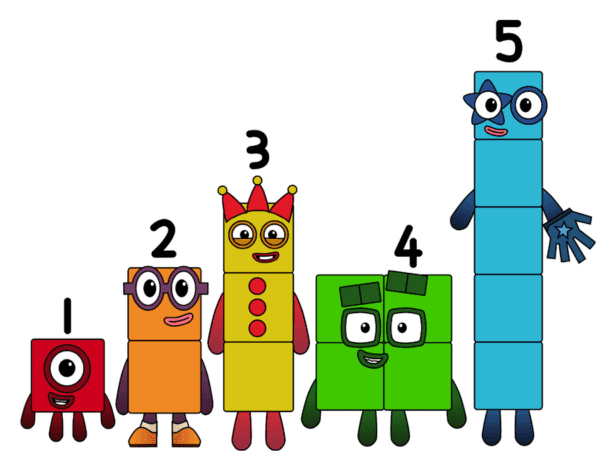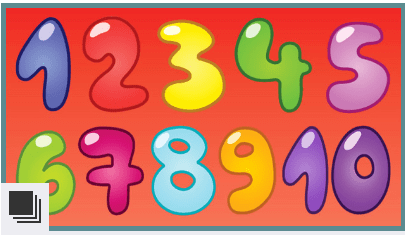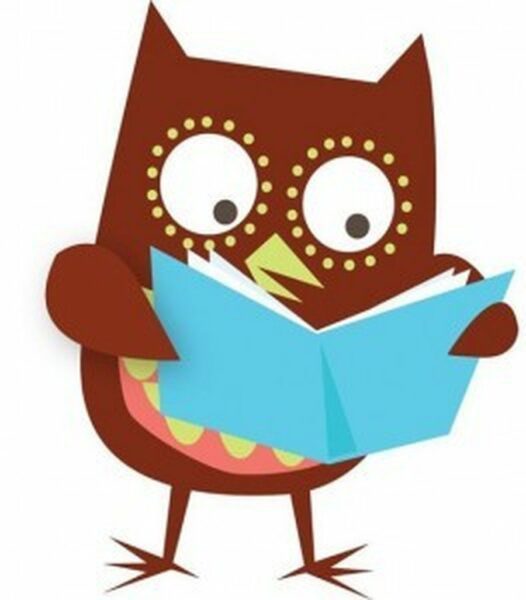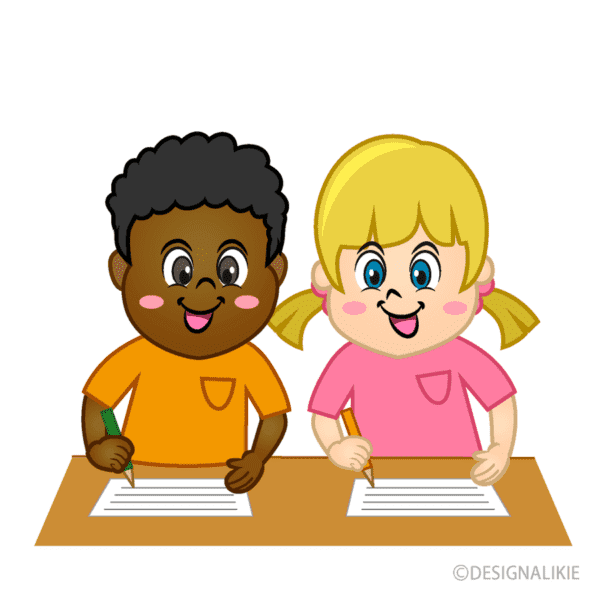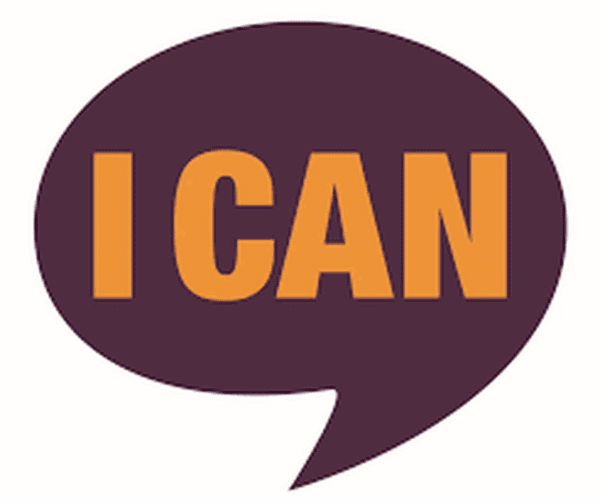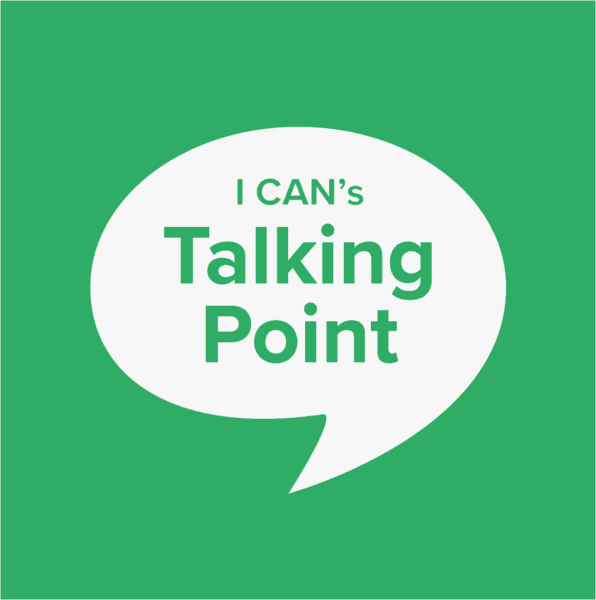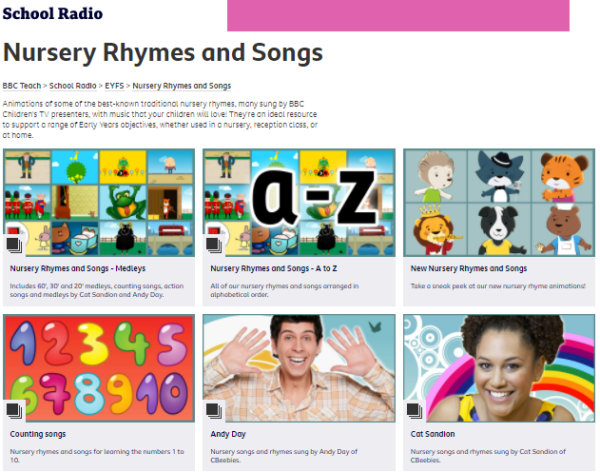2025-26
The early years at home are the years in which a child learns more quickly than at any other time in his/her life. You are obviously your child’s first teachers and then when your child starts in our Foundation Stage, we become partners in your child’s life. Through our early years curriculum and childcare provision we strive to make a positive contribution to your child’s early development and provide a foundation for lifelong learning.
We value all our families and communication with parents is very important to us at St. Mary’s. Please ensure that you check this website and class dojo regularly, so we can show you what we have been learning and support you to help your child in their learning. By working as a team, we can ensure that your child has a secure foundation for their future learning.
‘Even the smallest person can change the course of the future.’
J.R.R.Tolkien
Staffing in the EYFS Unit
FS1/ Nursery Staff
Class Teacher: Mrs Edge
Teaching Assistants: Mrs E Lomas
FS2/ Reception Staff
Class Teachers: Mrs L Morton
Teaching Assistants: Mrs P Rowe, Mrs L Mitchell, Mrs C Wild
Phonics
Our phonics and reading programme is called Read Write Inc, or RWI for short.
What is Read, write Inc?
Read Write Inc (RWI) is a phonics based programme which helps children learn to read whilst also developing a wide range of vocabulary and encouraging a love of stories.
FS1
In FS1 we focus on seven aspects which are designed to help children:
- Listen attentively;
- Widen their vocabulary;
- Speak confidently to adults and other children;
- Discriminate between phonemes (sounds);
- Reproduce audibly the phonemes they hear, in order, all through the word;
- Use sound-talk to segment words into phonemes
The Seven Aspects
The seven aspects of phase 1, are covered during your child’s time in FS1. By being aware of these aspects, you may find opportunities to reinforce their learning at home.
Aspect 1: Sounds around us e.g. listening to leaves rustling, wind howling etc
Aspect 2: Sounds that can be made with instruments e.g. kitchen utensils etc
Aspect 3: Sounds that can be made with the body e.g. clapping, stamping etc
Aspect 4: Rhythm and rhyme e.g. nursery rhymes
Aspect 5: Words that begin with the same sounds e.g. pitter/patter
Aspect 6: Sounds that can be made with the voice e.g. whispering, whistling etc
Aspect 7: Saying sounds within words clearly e.g. c-a-t = cat
In the spring term, we introduce letters and focus on blending orally e.g. c-a-t=cat
Oral blending
Click here to watch a video to support you to teach your child oral blending.
FS2
All your children are assessed and grouped according to their phonic knowledge and ability.
They work daily with a member of staff, at their level, to learn sounds. They are also expected to read and write words containing the sounds they know.
Read Write Inc. Speed Sounds
At the heart of Read Write Inc. Phonics is the systematic teaching of all the common sounds in the English language (RWI calls these the Speed Sounds). Children are taught to recognise the sounds and to put them together (‘sound blend’ them) into words for reading.
Children are taught one way of representing the 44 main sounds of English first, and then go on to learn the alternative spellings later on.
Once children know the first set of Speed Sounds, they are ready to read the first Storybooks.
Please see files to download below for Set 1 speed sounds. When your child knows these you can move onto Set 2 speed sounds.
Below are the set 1 and 2 sounds:
Elly and Fred
t
https://schools.ruthmiskin.com/training/view/BuhsVEBB/LnOcDII1
i
https://schools.ruthmiskin.com/training/view/sjzf767m/hyszSB4K
n
https://schools.ruthmiskin.com/training/view/0VMyQ1IU/QnsQSOrs
p
https://schools.ruthmiskin.com/training/view/l1XyuKbo/GBJxkN6o
g
https://schools.ruthmiskin.com/training/view/UumriU5a/TopqDTnC
How do I say the sound?
It is essential that children use ‘pure sounds’ when segmenting and blending.
This ensures that they are pronouncing all sounds correctly.
For more information about how to pronounce each sound, see the video below.
Green Words
During our Read Write Inc sessions we practise our reading skills by reading ‘Green Words’. These are words that are decodable because they only contain sounds that your child will be able to recognise. The children have met Fred during our sessions. Fred is a frog who cannot read words as we can but says everything in sounds, or ‘Fred Talk’.
The children know to sound out or ‘Fred Talk’ each sound whilst pointing underneath the letters, then to blend the sounds to make the word. If your child knows them on sight they can read them without sounding out and this is an important progression in their reading.
Please see files to download for green words that your child can practise reading and writing. Please work on Set 1 green words first and then you can move on to set 2, then 3, then 4, when they are confident.
Please click here to see a video to help you support your child with blending to read words.
Red Words
In the Read, Write, Inc. scheme ‘red words’ are used to help the children recognise the fact that there are words that are tricky to read because you cannot sound them out in the normal way. With your child, look for the parts of each word that they can sound out normally and then identify the parts that are tricky! Your child needs to be able to read these words on sight. We will be sending home lists of red words for you to help your child learn.
Please see files to download for red words. Please support your child to read and then write these words. Don’t forget these are tricky words and you can’t sound them out in the normal way. Start with the easy ones such as I, and, the, me and my, and then move onto the others.
Have a look at these resources and games to help you to support your child at home.
Click on the image to the right to access Topmarks Phonics games to support your child with reading.
Click on the image to the right to access Phonics Bloom Phonics games to support your child with reading.
Watch and learn with the Alphablocks.
Wellies
Please make sure your child has a pair of wellies that are left in school at all times so that they can access outdoor play during all types of weather.
Please check that they still fit your child at the end of each term.
Please ensure your child’s wellies are labelled.
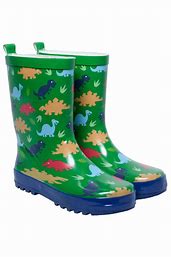
Coats
Please make sure your child has a coat that is suitable for outdoor play in all weathers.
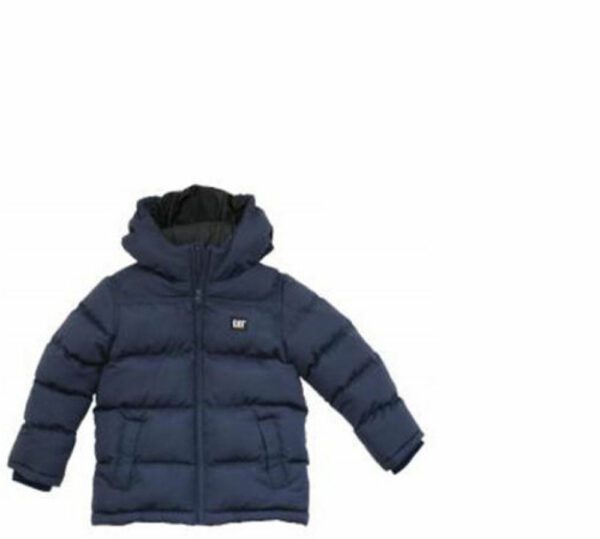
Labels
Please remember to label every item of your child’s clothing, including shoes and ties.
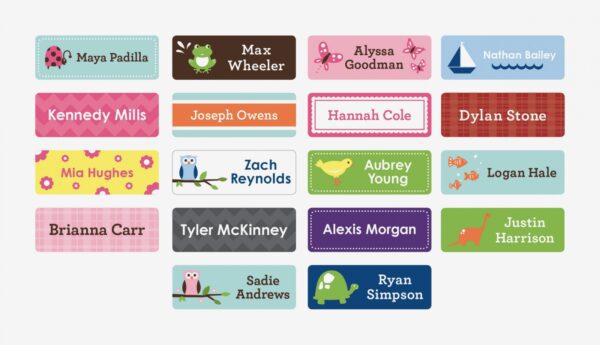
School Fund
Please remember to send in a contribution to school fund. The minimum donation is £1 a week or you may choose to send in more on a half termly or termly basis.
This money ensures that we are able to enhance your child’s learning. Last year we used this money to fund baking and other cooking activities, to buy seasonal items such as fireworks and to buy resources to support topic work.

Times
Starting and Finishing Times:
Morning Session
8:45am to 11:45am
Afternoon Session
12pm to 3pm
Full Time: 8.45- 3pm
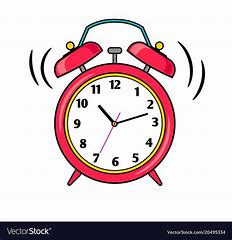
Phonics
During the Autumn term FS1 children will begin to work in small groups on phase 1 of ‘Letters and sounds’. We will begin to work on our listening skills by listening to sounds outside. This could be listening to the wind or the sound that leaves make when they rustle. We will also focus on animal sounds in our songs and the sounds we can hear in the environment such as traffic sounds like cars, bikes or tractors. Following this introduction we will then focus on using real instruments to make sounds and explore how we can also make our own instruments with pots, pans and kitchen utensils. As part of this aspect we will explore using simple rhythms in our games and songs.
Don’t forget that The Oxford Owl website which you can find at
http://www.oxfordowl.co.uk/Reading/
is excellent support for reading and phonics guidance.
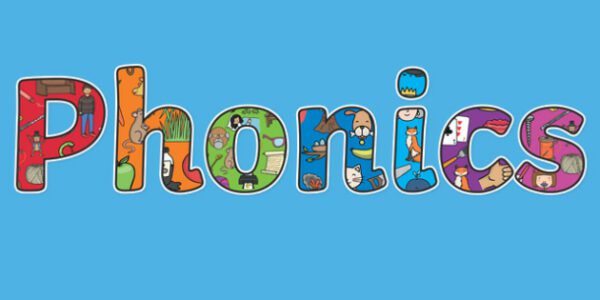
Wellies
Please make sure your child has a pair of wellies that are left in school at all times so that they can access outdoor play during all types of weather.
Please check that they still fit your child at the end of each term.
Please ensure your child’s wellies are labelled.
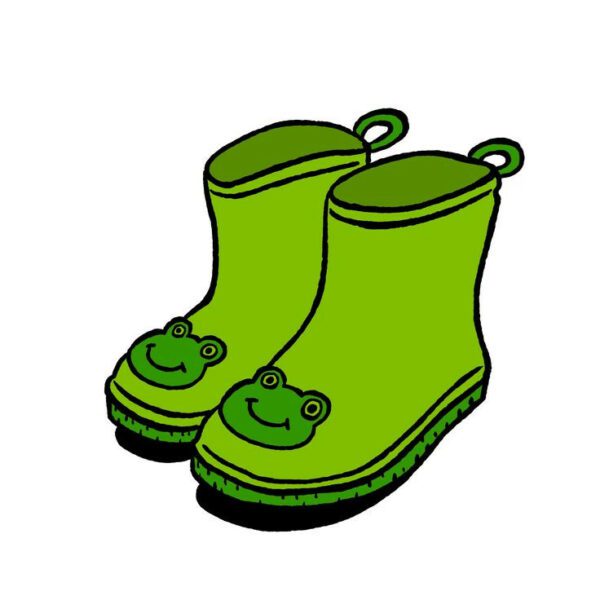
Coats
Please make sure your child has a coat that is suitable for outdoor play in all weathers.
Labels
Please remember to label every item of your child’s clothing, including shoes and ties.
School Fund
Please remember to send in a contribution to school fund. The minimum donation is £1 a week or you may choose to send in more on a half termly or termly basis.
This money ensures that we are able to enhance your child’s learning. Last year we used this money to fund baking and other cooking activities , to buy seasonal items and to buy resources to support topic work.

Reading Books
Your child needs to bring their reading record and reading book in their reading bag everyday.
Reading books will changed every Thursday evening.
Dojo
If you need to send us a message, please use class dojo. Please note that we only check this during school hours. If you child will be absent, or late, you will need to contact the school office, not send this information by dojo.

School dinners/ Packed lunches
School dinners are free of charge in FS2. Parents of children accessing school dinners must choose their child’s lunch in advance. You can pick these weekly with your child on ‘school grid’.
If your child has a packed lunch please try to ensure it is as healthy as possible. Sweets, chocolate bars and fizzy drinks are not permitted but a chocolate biscuit is acceptable. Please ensure that all items of food are nut free as some children in school have a severe allergy to nuts.
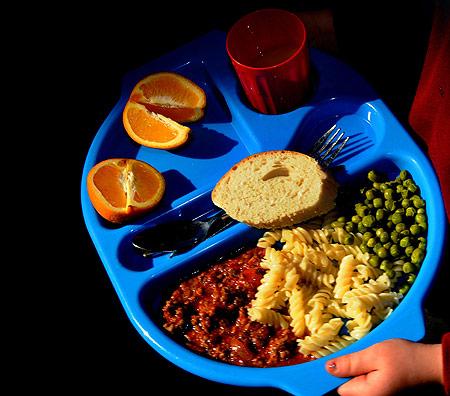
Educational Programme
Developing a strong grounding in number is essential so that all children develop the necessary building blocks to excel mathematically. Children should be able to count confidently, develop a deep understanding of the numbers to 10, the relationships between them and the patterns within those numbers. By providing frequent and varied opportunities to build and apply this understanding – such as using manipulatives, including small pebbles and ten-frames for organising counting – children will develop a secure base of knowledge and vocabulary from which mastery of mathematics is built. In addition, it is important that the curriculum includes rich opportunities for children to develop their spatial reasoning skills across all areas of mathematics including shape, space and measures. It is important that children develop positive attitudes and interests in mathematics, look for patterns and relationships, spot connections, ‘have a go’, talk to adults and peers about what they notice and not be afraid to make mistakes.
Maths
In Reception, we are now using Maths No Problem!
Autumn Term
Matching; Sorting; Comparing and Ordering; AB patterns; Counting; Time; Composition of Numbers to 5; 2D Shapes; Positional Language.
Please see the files below for the autumn overview.
Spring Term
Counting; Counting and Ordering; Addition; Comparing and Ordering; Patterns; Measuring Lengths and Heights; 2D Shapes; 3D Shapes
Summer Term
Counting on to Add; Counting Forwards and Backwards; Counting to 20; Doubling; Halves and Sharing; Odds and Evens; Mass; Volume and Capacity; Money; Data; Word Problems
Please click on the links below to access games and resources to support you!
Click on the image to the right to access the Early Years White Rose website where you will find lots of fantastic activities to support your child’s Maths at home. These link specifically to the activities that we do at school!
Please keep up to date with the news in EYFS by reading our weekly newsletter. We also share this on class dojo.
It includes: our weekly challenge; topic information; reminders; ideas for support etc.
Reading and Writing
In Reception, we focus on developing a core understanding in reading and writing. If you would like to do more learning at home to support this, there are some ideas below!
Reading with your child
Reading for pleasure has a dramatic impact on educational outcomes, wellbeing and social mobility, and is also a huge pleasure in itself.
Sharing a book with a child is fun – it’s a time for closeness, laughing and talking together. It can also give children a flying start in life and help them become lifelong readers.
Supporting Reading at Home
Click on the owl to access the ‘Parent Guide’ page on the Oxford Owl website. Here you will find information and resources to further support your child’s reading at home.
Top tips for reading with children of any age
- Set aside some time
Read for 10 minutes with your child every day- this can be at any time which is best for you! Find somewhere quiet without any distractions – turn off the TV/radio/computer. - Ask your child to choose a book
Sharing books they have chosen shows you care what they think and that their opinion matters. This means they are more likely to engage with the book. - Sit close together
Encourage your child to hold the book themselves and/or turn the pages. - Point to the pictures
If there are illustrations, relate them to something your child knows. Ask them to describe the characters or situation or what will happen next. Encourage them to tell you the story by looking at the pictures. - Encourage your child to talk about the book
Talking about the characters and their dilemmas helps children understand relationships and is an excellent way for you to get to know each other or discuss difficult issues. Give your child plenty of time to respond. Ask them what will happen next, how a character might be feeling or how the book makes them feel. - And lastly, above all – make it fun!
It doesn’t matter how you read with a child, as long as you both enjoy the time together. Don’t be afraid to use funny voices – children love this!
The links below will take you to some online stories you can listen to with your child. They are great so give them a go!
Writing
Click on the image to the right to access ‘Writing Repeater’, a tool that can help you to support your child’s letter formation.
PLEASE CALL IN AND ASK US FOR ANY SUPPORT YOU MAY NEED!
Things to do at Home
There are lots of things that you can do at home to support your child’s development.
Below we highlight just a few ways in which this can be achieved.
Fine Motor Activities
In Reception, we spend lots of time getting children ‘ready for writing’. Part of the Early Years curriculum focuses on developing children’s fine-motor movements to encourage them to hold and control a pencil with accuracy. You can also support your child with this at home by completing the following activities:
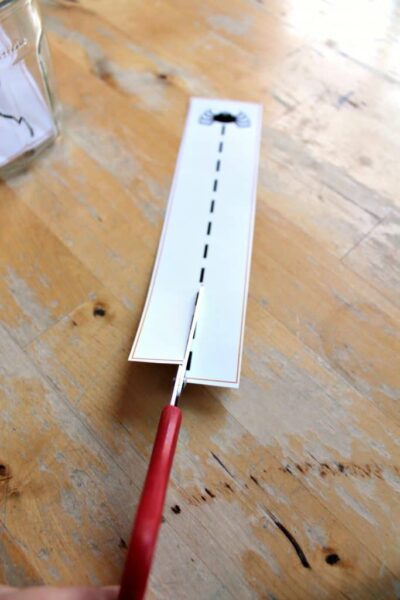
Cutting Activities
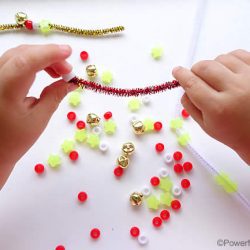
Threading Activities
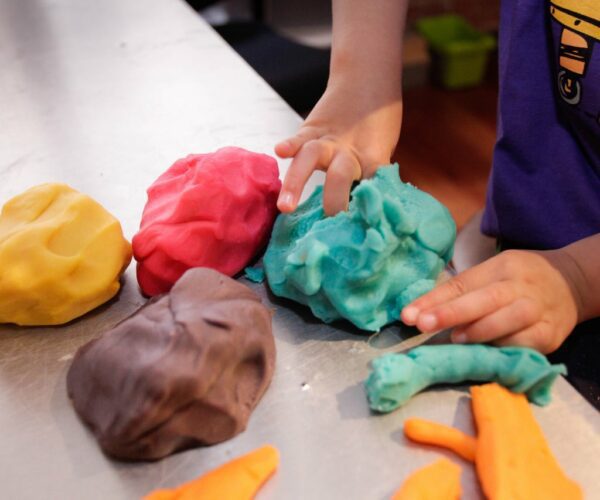
Play-doh
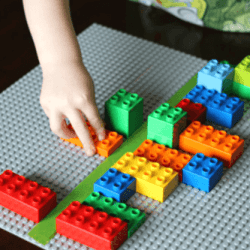
Construction with small parts
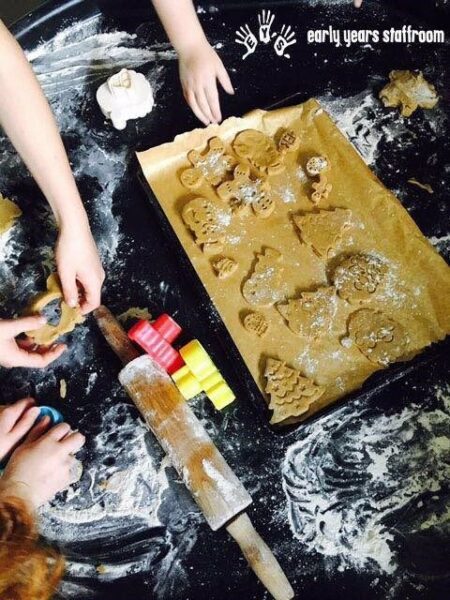
Baking
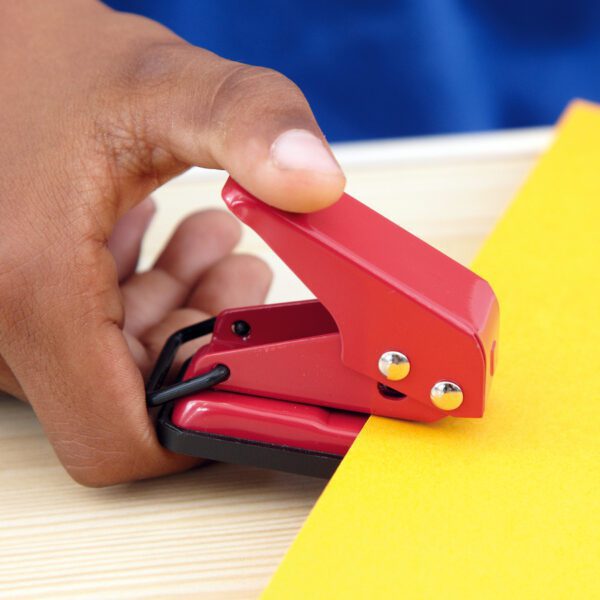
Hole Punching Paper
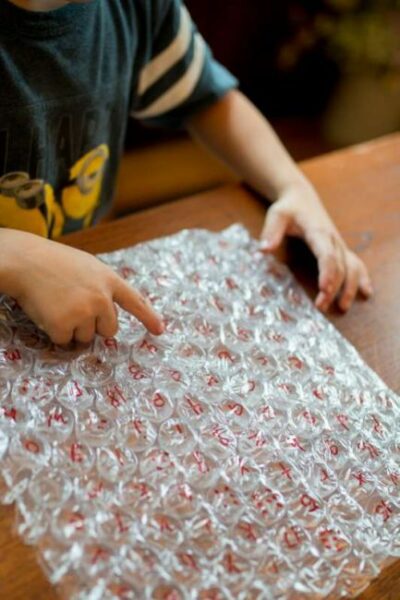
Popping Bubble Wrap
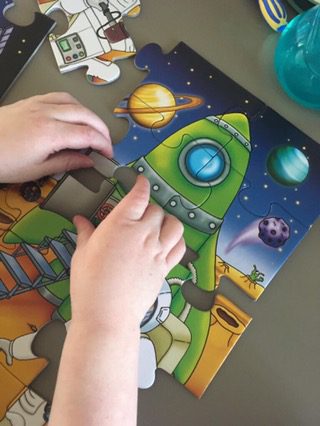
Jigsaws
Look below for some brilliant Dough Disco Videos to try at home!
Spring 1 2024
Cold weather and Cold Places
In this half term we will be learning about cold weather in our country and in other countries. We will find out about the four seasons and learn that we are now in the season of winter. We will talk about the clothes we need to wear when the weather is cold and the children will have the opportunity to dress up. The children will learn and use vocabulary such as: defrost, freeze, frost, frozen, ice, melt, sled, sledge, snow, water, warm, Winter, snowflake, hot, cold, warm, white etc. We will freeze water to make ice and see what happens when we hold it in our hands.

We will learn about the Arctic and Antarctic; the animals which live their, scientists that work there and explorers from the past. The children will learn vocabulary such as: Antarctic, Arctic, North Pole, South Pole, defrost, freeze, frost, frozen, ice, melt, sled, sledge, snow, water, warm, Winter, snowflake, hot, cold, warm, scientist, animals, camouflage, polar, white, herbivore, carnivore, omnivore, goggles, polar bear, penguin, whale, fox, hare.
Autumn 2 2023
Our topic this half term will be: Stanley’s Stick/ Autumn. How do we know it is Autumn? We will use the story of ‘Stanley’s Stick’ to help us to learn about the changes in the seasons. We will look at the weather and changes to the trees. We will find out which animals prepare to hibernate and how they do this. The children will have the opportunity to undertake a variety of cross- curricular activities, teacher led and child initiated.
We will be learning about the history of Bonfire Night and finding out how to keep safe around fireworks. We will be finding out about the festival of Diwali.
We will be thinking about people in our families who have died and remembering how much we love them as we celebrate All Souls Day.
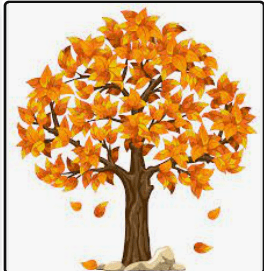
Autumn 1 2023
In this half term we will be getting to know each other and finding out what we can do! We will be undertaking the Baseline assessment and the teachers will be observing us playing with our new friends. We will be learning new routines and making lots of new friends. We will keep you updated through our dojo stories and our newsletters so you can help us with our learning too!
Our topic will be pets and vets. We will be finding out about different animals and the children will have the opportunity to talk about their own pets and share photos of them. We will talk about what vets do and why pets need to go to vets. We will be labelling animals and animal body parts. We will be talking about God’s wonderful creation and how we can look after the birds and animals.
We will have some animal visitors!
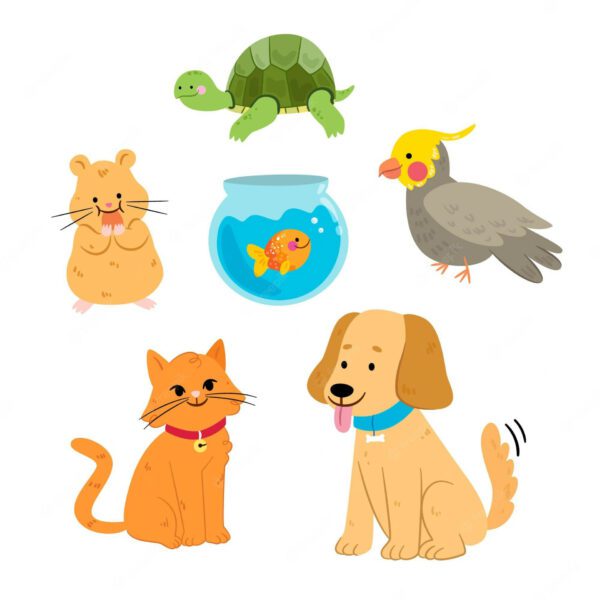
Upon entry to Nursery / Reception staff use an assessment known as Wellcomm to assess children’s speech and language development.
What does WellComm do?
It screens children for speech and language ability, often identifying problems before they become more serious, and provides activities to address them.
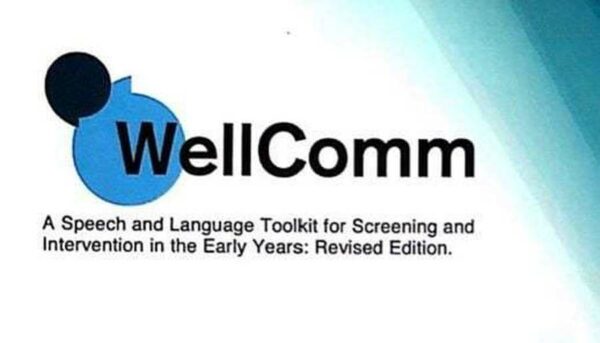
Who uses it?
A very wide range of early years practitioners, teachers, SENCOs and Speech and Language Therapists (SLTs) across early years and primary settings. It is a complete package of screening and support and at St Mary’s it is delivered by Teaching Assistants and Teachers.
When is the best time to use WellComm?
At St Mary’s we assess children during the first 6-8 weeks of starting Nursery / Reception earlier if we suspect a child of having underlying speech and/or language problems. We screen again after a period of 6-8 weeks to measure the impact of the intervention we have put in place.
How do WE decide whether referral to SLT services is needed?
Red indicators in the traffic light reports flag which children may benefit from SLT support. Children with amber indicators can be helped initially by school-based interventions to see if they improve without external support. In this way we know which children most urgently need help. When we apply for SLT services, WellComm’s reports support the referral process.
The video to the right provides great examples in supporting your child’s language development at home.
Supporting my child at home
I CAN CHARITY
I CAN is the children’s communication charity. They are experts in helping children develop the speech, language and communication skills they need to thrive in a 21st century world. Their vision is a world where all children have the communication skills they need to fulfil their potential. Their mission is that no child should be left out or left behind because of a difficulty speaking or understanding.
Click on the image to the right to go to the I CAN website to find out more information.
‘Experts in literacy and child development have discovered that if children know eight nursery rhymes by heart by the time they’re four years old, they’re usually among the best readers by the time they’re eight.’
Click on the picture to the right to find 100’s of nursery rhymes to enjoy with your child!
The early years at home are the years in which a child learns more quickly than at any other time in his/her life. Parents are their child’s first teachers. When your child starts in our Foundation Stage, we become partners in your child’s life. Through our early years curriculum and childcare provision we strive to make a positive contribution to your child’s early development and provide a foundation for lifelong learning.
We value all our families, and communication with parents is very important to us at St. Mary’s. Please check this page regularly so we can give you guidance to help you to support your child in their learning.
By working as a team, we can ensure that your child has a secure foundation for their future learning!
Oral health is now included in the EYFS framework because good oral health habits need to be formed from the earliest age. Tooth decay is largely preventable, but it’s still a serious problem among young children.
Promoting oral health
At St Mary’s we link oral health to things we already promote, like self-care, healthy eating and physical development.
We find different ways to support children in their learning such as:
Suggesting they brush the teeth of dolls or soft toys
Reading stories about teeth and smiles
Talking about healthy food and drinks that help to grow strong teeth, and those that do not
Let them look at their own and each other’s teeth, using mirrors
Give out toothbrushes and toothpaste
Practise cleaning teeth in school
Give parents and carers knowledge and practical advice to support oral health at home.
